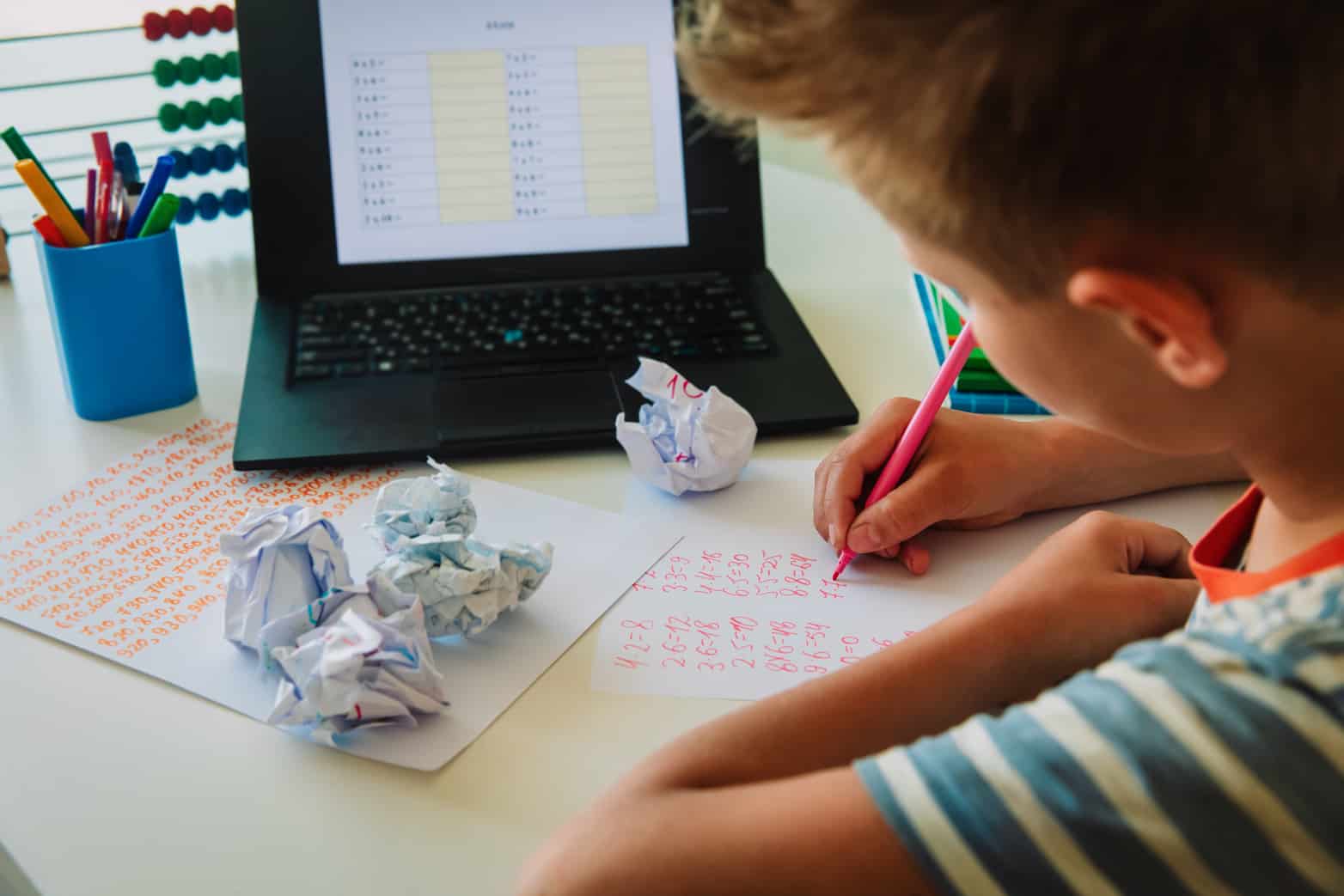3 ways to stay encouraged in the classroom
To say this past school year was a difficult one would be an understatement. Honestly, there were days when no word other than “chaotic” fully encompassed what myself and other teachers were experiencing in our schools. Nevertheless, throughout the year, I couldn’t help but think that there had to be some way to rise above it all. (I give credit to Jesus for this hope.) And not only just rising above it all for this one school year only but also for the long run as an educator.
There were many mistakes made this year—and several times where I considered leaving the profession altogether—but as of today, I am fully resolved to stay in the profession for years to come. In the wake of the great teacher exodus in our country, I propose to you three things you can do now to be a happier teacher.
1. Do Something Productive Besides Work
I know teachers who garden; teachers who are leaders in churches; teachers who have rich and satisfying social lives. These teachers have all successfully learned a simple truth about being a happy teacher: getting a life. Education is a demanding field, and it is good work. Our work has impact, and it matters. But who said that in order to make an impact, you have to drown yourself in your profession? I found that when I focused less on completing every single task at work and focused instead on cultivating good relationships, dedicating myself to my hobbies, and having other vehicles for serving others, I was a happier teacher. I was happier because I was more well-rounded, and my job was not the sole thing I was connected to. Happy teachers are effective teachers, and happy teachers know that they are not only teachers. It’s okay to focus on things other than your job.
2. Take Yourself Less Seriously
This year, there was a moment in my third-period class when things were not going according to plan. My students were distracted, talking, and not getting much work done. I was tempted to go into control mode, which is usually fueled by fear and insecurity. After saying a prayer in my head, I decided to lighten up and go with the flow by accepting that class wasn’t going how I wanted and it may not get back on track. Instead, I started to joke with my students, while encouraging them to get back on task.
Do you know what happened? As I took myself less seriously and became less afraid of losing control, my students could feel the shift in the classroom. They began to say things like, “Ms. Fullard, are we your favorite class? It seems like it.” The atmosphere became lighter and more joyful, and it felt fulfilling that my students saw my enjoyment of them. Granted, they weren’t as productive as I wanted them to be, but in that moment there was a human connection made because I said no to my ego and yes to reality.
When I take myself too seriously when it comes to being a teacher, I end up more stressed and usually stressing my students out (and not in the good way). When I accept reality and the fact that I can’t control everything, I am able to see things from a different perspective, just as I was able to see that my students felt seen, loved, and valued in my classroom even though things weren’t going according to plan.
3. Look For Creative Solutions
This is a piece of advice I attribute to Linda Kardamis, a former educator who works to encourage teachers through her online platform. In our profession, there is a lot of red tape. And in our cynical human nature, it is natural to focus only on the negative, especially with a job as stressful as ours. However, there is always a solution to a problem if you’re willing to look for one. And many times, those solutions are simple, creative, and sometimes fun. (They do require discipline, though.)
For example, if you are having a difficult time with the workload as a teacher, enlist students’ help where you can with tasks like organizing your desk. My students love when I ask them for help, and it’s an easy way to build relationships, too.
If you’re having a hard time balancing social life with work life, ask your best friend or your significant other to spend some time with you while doing some work they may also have. That way, you’re able to keep each other company and be productive at the same time.
If you’re struggling with classroom management, see it as an opportunity to learn. Find a good book by a teacher-author you enjoy, or enlist the help of another colleague for some assistance.
You don’t have to suffer in your problems; there are solutions all around you if you are willing to look. Looking for creative solutions is a productive practice that will add to your professional and personal development as a teacher.
Now, these three tips are not the end-all and be-all to teacher happiness, but I am sure that if you begin to implement them, they will have a positive impact on your attitude toward your work as an educator.





